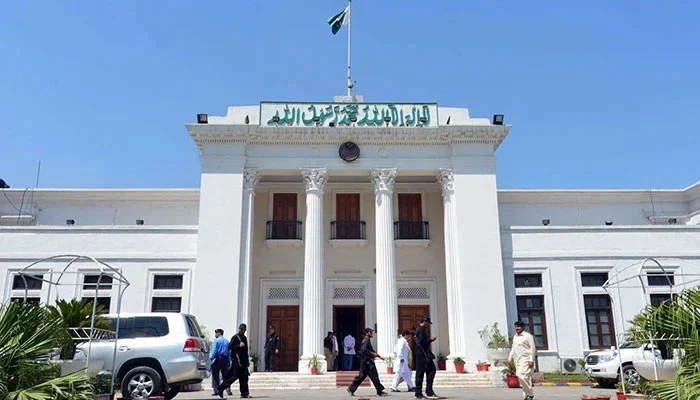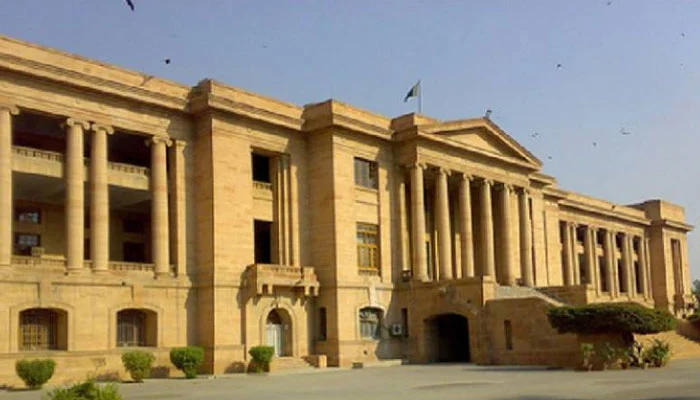Khyber Pakhtunkhwa (KP), a province in Pakistan, has recently experienced a severe financial crisis, prompting the provincial government to make some tough decisions. These measures have been taken in response to the dire financial situation and are expected to impact various aspects of the public sector.
One of the key decisions made by the KP government is the proposal to cut 25% of the salaries of government employees and to prepare a summary for the approval of these reductions. This move aims to reduce the financial burden on the provincial exchequer by curbing public expenditures. To ensure the implementation of this recommendation, it will require the approval of the Chief Minister of KP.
The financial crisis is so severe that the government is considering three options to address it. Among these options, one proposal suggests a 35% increase in government employees’ salaries, which could potentially lead to monthly savings of around 9 billion Pakistani Rupees. This, however, comes at the expense of a substantial reduction in public sector employees’ take-home pay.
Additionally, the government has put forth the idea of ending various allowances for government employees, including executive allowances and health professionals’ perks. This move intends to further reduce the fiscal strain on the provincial government. Termination of these allowances could translate into monthly savings of approximately 2 billion Rupees for the provincial government.
Another facet of the government’s strategy involves the cessation of allowances and benefits for the employees of the province’s IM&I (Information Management and Information) hospitals, which are public healthcare facilities. Implementing strict financial management and controls within these institutions is also under consideration. By eliminating such benefits and imposing financial controls, the provincial government anticipates an additional monthly saving of 2 billion Rupees.
The financial situation in KP is dire, necessitating these drastic actions to stabilize the province’s economy. The proposed salary cuts, reduction in allowances, and austerity measures are expected to have a significant impact on the lives of government employees and the province’s healthcare facilities. While these actions might provide temporary financial relief, they raise concerns about the welfare and job security of public sector workers.
Khyber Pakhtunkhwa is grappling with a severe financial crisis that has compelled the provincial government to consider a series of austerity measures, including salary cuts and the elimination of various allowances. The economic challenges facing the province have left the government with no choice but to make difficult decisions to restore financial stability and overcome the crisis.



